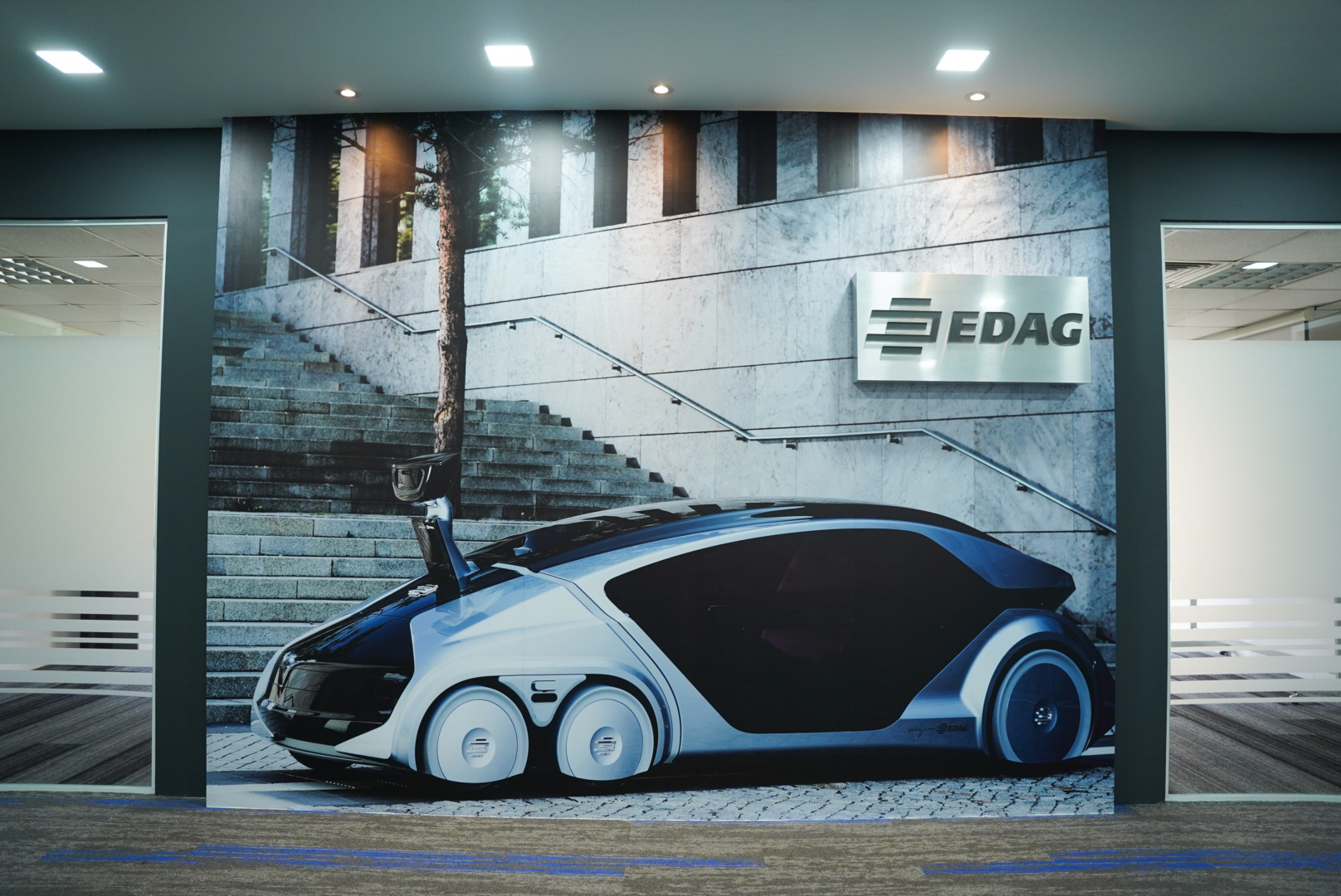EDAG Group, German-based engineering services company for the global automotive industry, is aggressively expanding their presence and services in Malaysia. This involves a a RM3.75 million investment to create 500 jobs in Malaysia by 2024. This in turn is anticipated to grow the company’s ability to serve existing and future clients in the region, and globally.
Having established presence in Malaysia since 1996, EDAG Malaysia will add to its current portfolio of computer-aided engineering (CAE) simulations and project management, to now further serve the group’s global engineering network with services in Embedded Software, Mobility IT, and also Integration & Validation.

During his opening speech, Thomas Foeller, Managing Director of EDAG Malaysia, had described cars as increasingly becoming like ‘computers on wheels’, a trend which necessitates the expansion of EDAG’s capabilities and capacity in electrics and electronics (EE).
Overall, this investment in expansion is expected to also achieve the following:
* recruit 120 engineers by end of 2022
* thrive the local automotive ecosystem,and facilitate knowledge transfer
* create quicker and smarter production processes relevant for local manufacturing industry, with IR4.0-like technologies
* galvanise the nation’s ambition to grow Malaysia as a hub for mobility solutions expertise and talents
Thomas shared about a handful of EDAG initiatives that serves as examples of how they can contribute and are contributing to this.

Energy and the future of mobility in Malaysia
When speaking about the future of mobility in Malaysia, Thomas shared about a centre of excellence in the country that works on fuel-cell development and innovations for battery systems storage.
During his opening speech, Thomas Foeller, Managing Director of EDAG Malaysia, had described cars as increasingly becoming like ‘computers on wheels’, a trend which necessitates the expansion of EDAG’s capabilities and capacity in electrics and electronics (EE).

“Battery-powered vehicles is good for the future, but there is also potential around renewable energy and generated-power to create hydrogen-based, and other synthetic fuels.”
He shared about the Malaysian government having wanted to produce a national car, a few years ago.
Due to no initiatives or official news having been announced since then, he alluded to how EDAG wanted to be prepared for all possibilities with ready technology at least in terms of energy-efficiency and environment sustainability.
Innovation and viability
During the media Q n A session, Dr. Fun Woh Peng, an automotive industry veteran with a focus on Environment, Sustainability and Governance (ESG) also commented, “Global warming is a current issue to be addressed. One of the key components of global warming is carbon dioxide, or CO2, emissions. The electrification process combined with renewable energy, I believe is a path forward.”
He also wanted to know how vehicles with energy efficient capabilities, like a built-in battery, could be commercially viable, as energy efficient capabilities tend to be not cheap.
Eugen Gulinksy, EDAG’s Head of Mobility responded with his belief that as electrification pushes into larger volumes, users and the market will begin to see efficiency increase, in terms of production, other materials, battery life, and so on.
Before these economies of scale are achieved, there are alternative business models in the meantime. For example, these ‘costlier’ vehicles do not necessarily need to be sold to individual consumers, but instead can shared for use in a community, or leased out for use based on a consumption model.
Due to no initiatives or official news having been announced since then, he alluded to how EDAG wanted to be prepared for all possibilities with ready technology at least in terms of energy-efficiency and environment sustainability.
Eugen also shared about how other two wheeler vehicles, like bicycles, that are electrified are very popular in Europe. “These can be part of a smart city’s mobility initiatives, for shorter ranges.”








